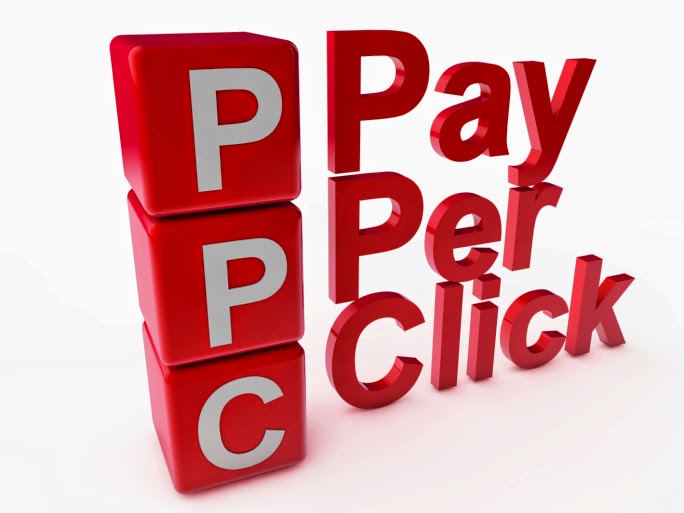Service pay-per-click programs
When users search for a service of any type, such as travel reservations, they are likely to
use search engines related specifically to that type of service. For example, a user searching for the best price for hotel reservations in India, US, might go to TripAdvisor.com.
Advertisers — in this case, hotel chains — can choose to pay for their rank in the search results using a service PPC program.
Service PPC programs are similar to product PPC programs, with the only difference being the type of product or service that is offered.
One distinction that is important to understand is the difference between PPC and paid-inclusion (PI) services. Many people believe that PPC and PI services are the same type of marketing, but there can be some subtle differences. For starters, paid-inclusion services are used by some search engines to enable web site owners to pay a one-year subscription fee to ensure that their site is indexed with that search engine at all times.
This fee doesn’t guarantee any specific rank in search engine results; it only guarantees that the site is indexed by the search engine. Google is one company that uses paid inclusion to populate its search index. Not all the listings in Google are paid listings, however.
Google combines both normally spidered sites and paid sites. Many other search engines have staunchly avoided using paid-inclusion services — Ask.com and yahoo! are two of the most notable — because most users feel that paid inclusion can skew the search results. In fact, search engines that allow only paid-inclusion listings are not likely to survive very long, because people won’t use them.
This fee doesn’t guarantee any specific rank in search engine results; it only guarantees that the site is indexed by the search engine. Google is one company that uses paid inclusion to populate its search index. Not all the listings in Google are paid listings, however.
Google combines both normally spidered sites and paid sites. Many other search engines have staunchly avoided using paid-inclusion services — Ask.com and yahoo! are two of the most notable — because most users feel that paid inclusion can skew the search results. In fact, search engines that allow only paid-inclusion listings are not likely to survive very long, because people won’t use them.
There is a bit of a gray area between paid inclusion and PPC. That area begins at about the point where both services are paid for. Detractors of these types of programs claim that paying for a listing — any listing — is likely to make search returns invalid because it is believed that search engines give higher ranking to paid-inclusion services, just as they do to PPC advertisements.
Thanks For Reading
Image Source: Google
Visit my Blog Here: OnlineSeoClassRoomForBeginners



Post a Comment